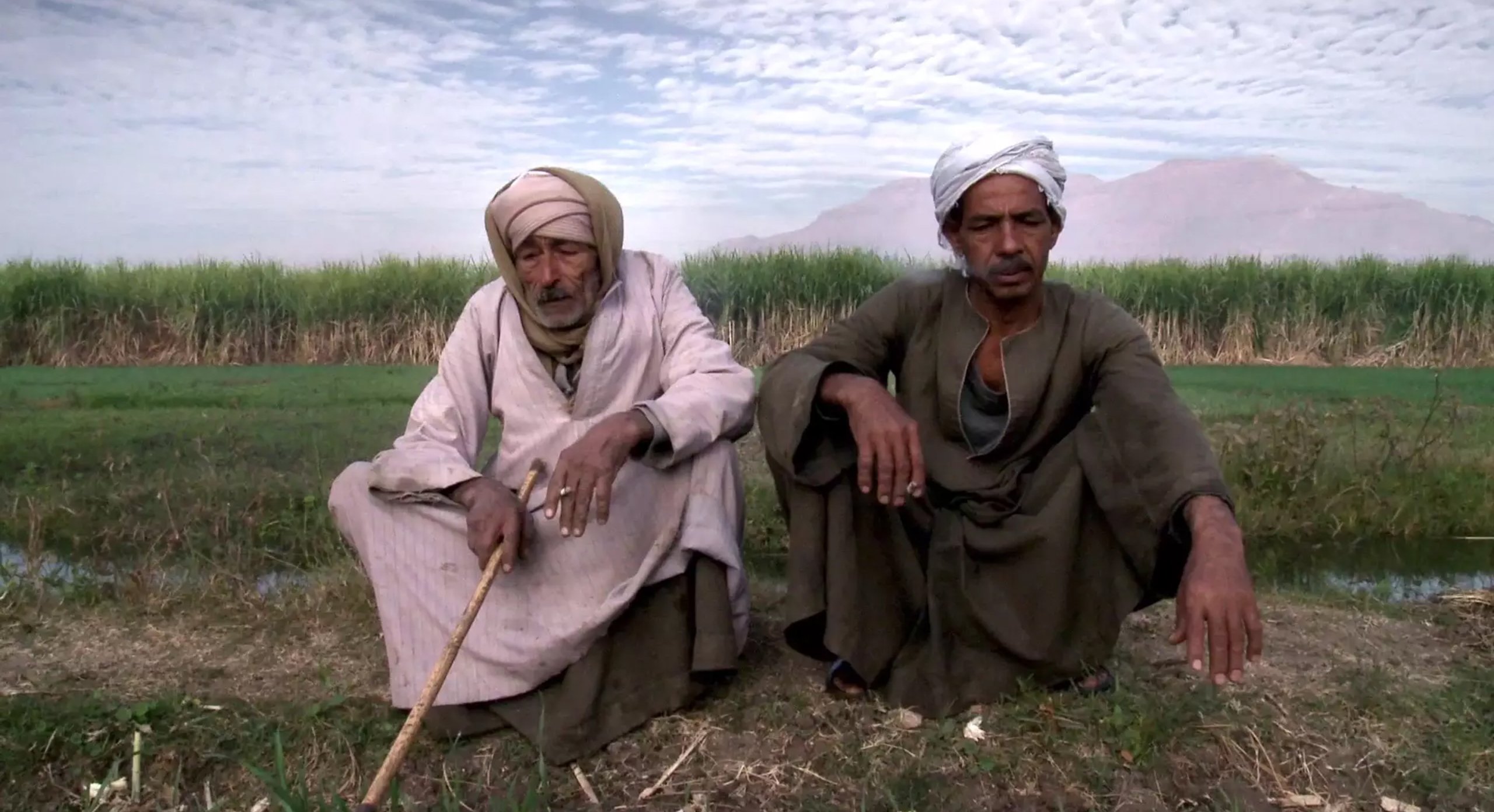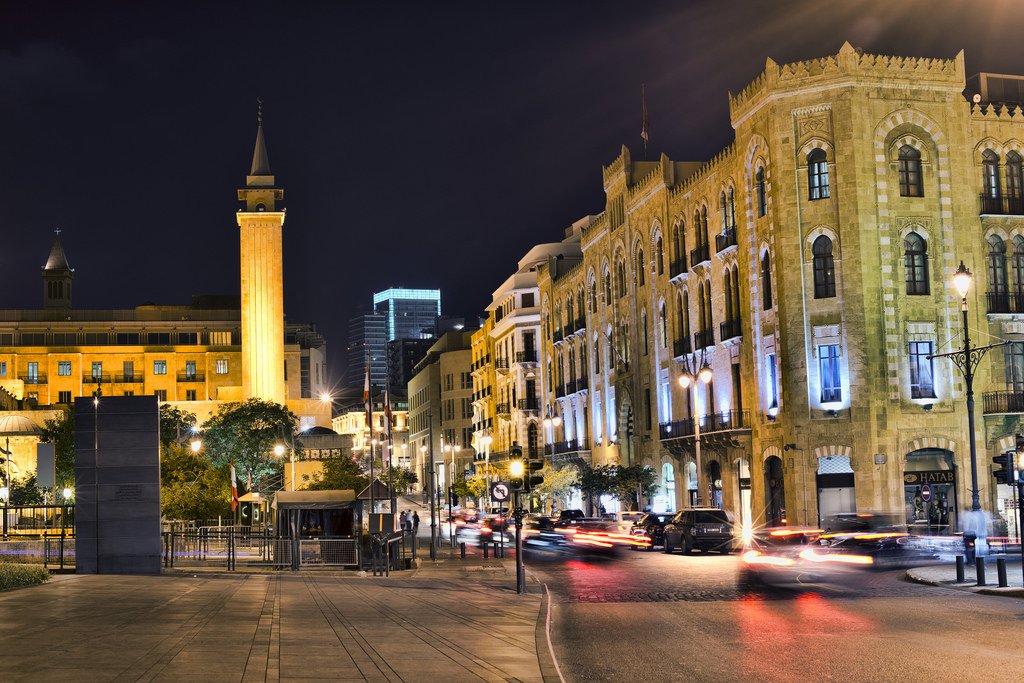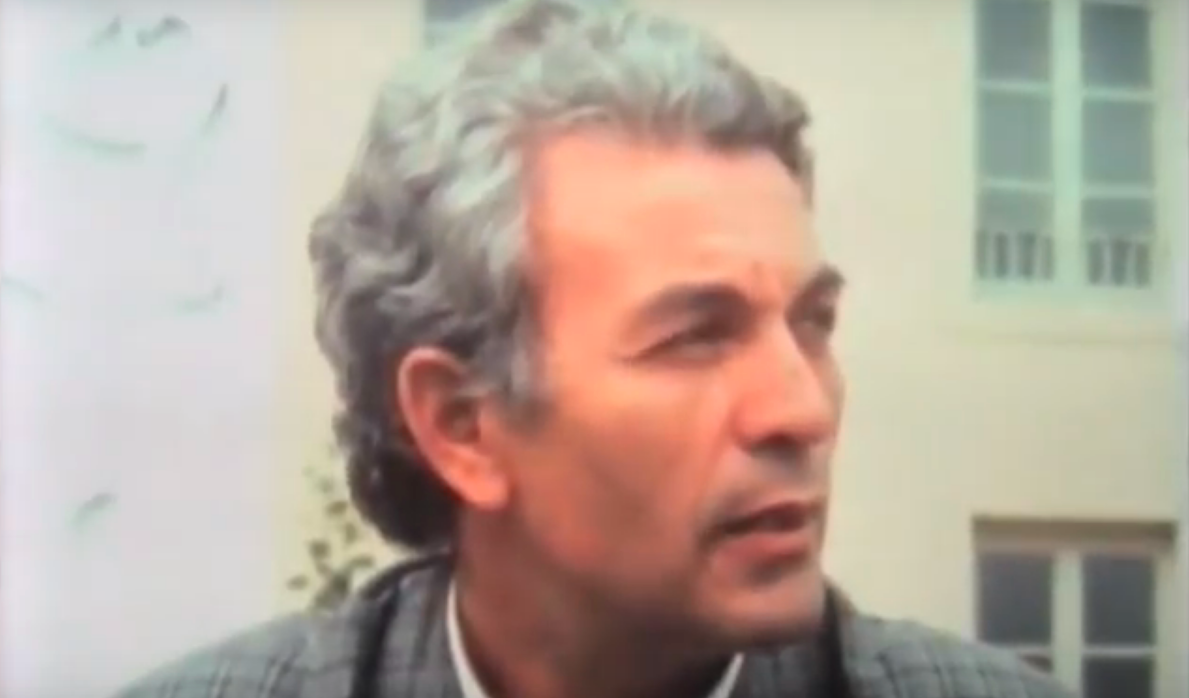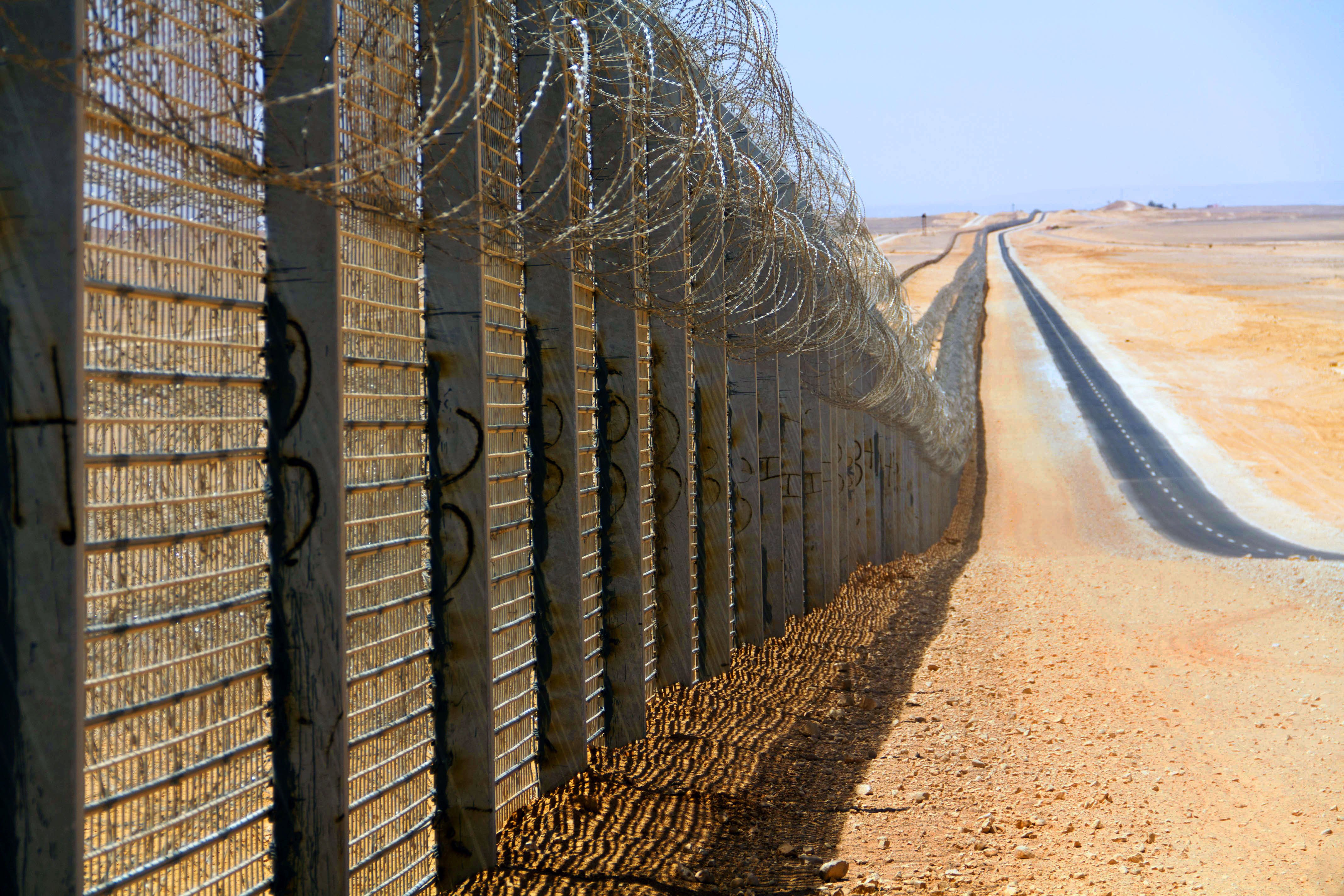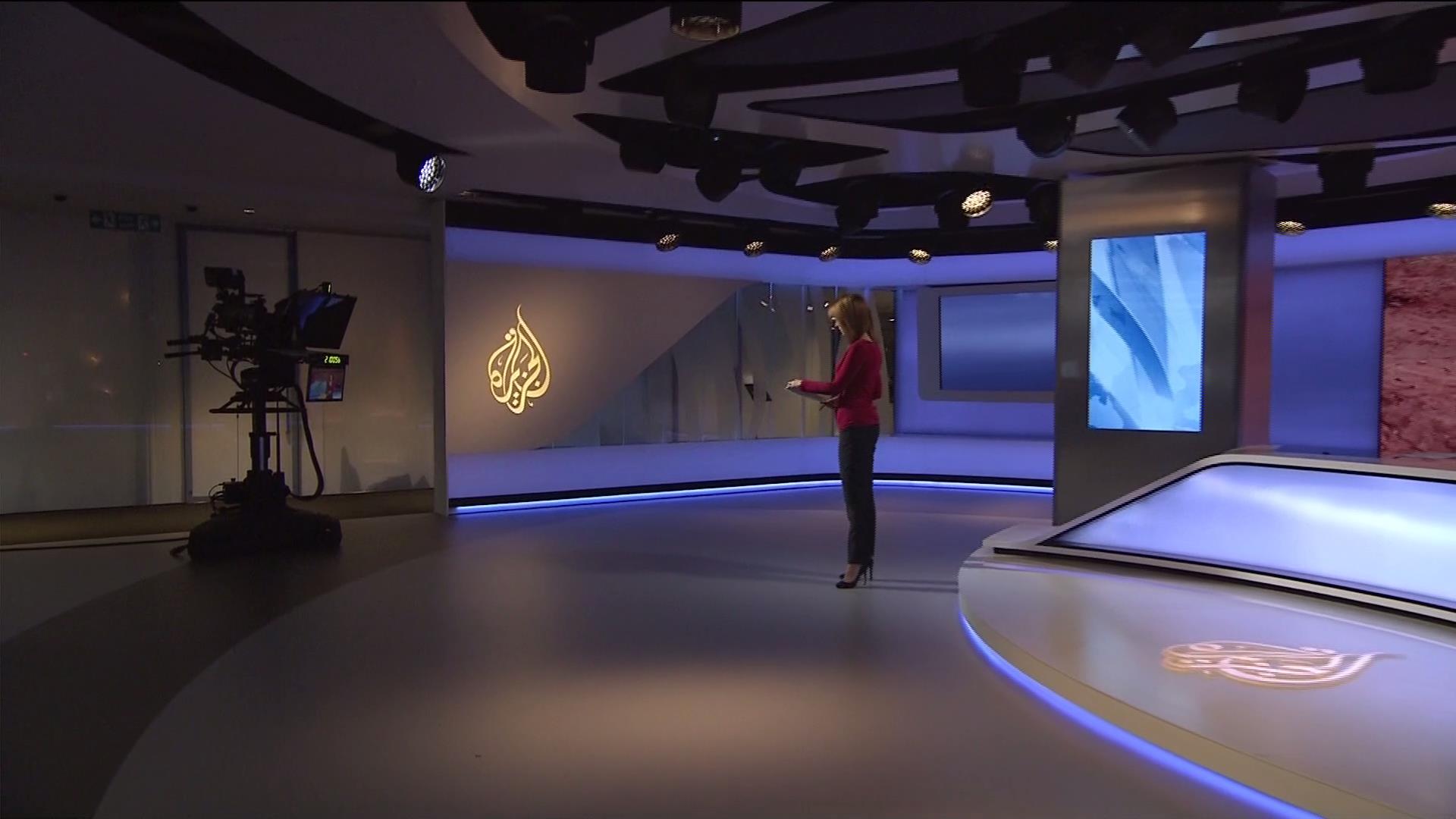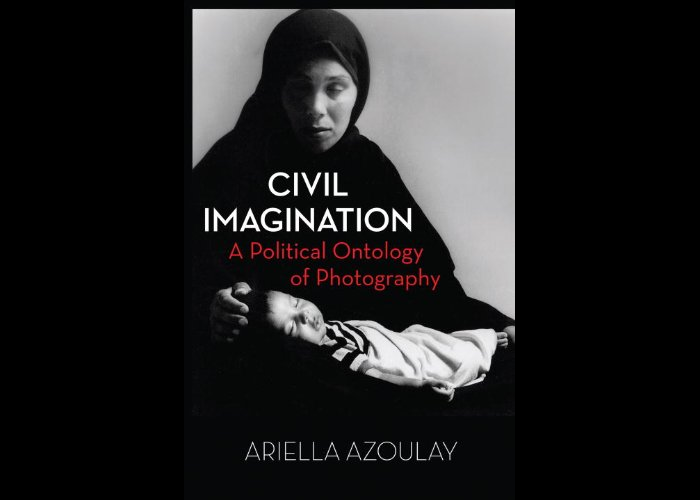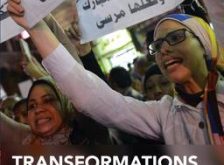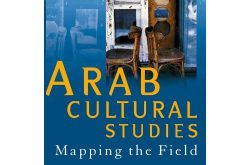Issue 23, winter/spring 2017 https://doi.org/10.70090/AFH17FRI Anna Rousillion’s feature documentary I Am the People follows Farraj and his family through four tumultuous years in Egyptian history, beginning just before revolution and chronicling their lives in its aftermath. Farraj, the film’s protagonist, is a wiry farmer in the southern province of Luxor, …
Read More »Books & Reviews
BOOK EXCERPT | Beirut: Past, Present, Future? Memory and Anxiety in Contemporary Lebanese Comics in Beirut, Imagining the City
Issue 23, winter/spring 2017 https://doi.org/10.70090/GH17BEBP The field of comics scholarship has expanded radically in the past decade as the medium has entered into the realm of mainstream academic discourse, thanks to the contributions of scholars who are themselves comic artists, like Will Eisner and Scott McCloud, and others, notably Hillary …
Read More »الشباب الجزائري والفيس بوك، بين فرص الاستخدام ومعضلة الإدمان
Issue 23, winter/spring 2017 https://doi.org/10.70090/SS17AYFA د.صونية عبديش - أستاذ محاضر بكلية الإعلام والاتصال، جامعة الجزائر صدر مؤخرا عن دار طاكسيج. كوم، بمركز البحوث والدراسات، كتاب جديد للباحثة الجزائرية صونية عبديش، "بعنوان الشباب الجزائري والفيس بوك، بين فرص الاستخدام ومعضلة الإدمان"، الكتاب من الحجم المتوسط مكون من 282 صفحة. من خلال محتوى …
اقرا المزيد »BOOK EXCERPT | Mohamed Chouikh: From Anticolonial Commemoration to a Cinema of Contestation in Ten Arab Filmmakers
Issue 23, winter/spring 2017 https://doi.org/10.70090/GA1710AF The following is an excerpt from the anthology Ten Arab Filmmakers edited by Josef Gugler and published by Indiana University Press (2015). Mohamed Chouikh occupies a key position as a kind of relay between the post-colonial, idealized Algeria of the 1960s and what one might …
Read More »BOOK REVIEW | Visual Propaganda and Extremism in the Online Environment
Ronnie Close, an academic and assistant professor at the American University in Cairo, welcomes the volume into the discourse on visual content. He contextualizes the scholarly work by providing information on related fields, and he assesses the compilation's overall cohesion.
Read More »BOOK EXCERPT | Sinai: Egypt’s Linchpin, Gaza’s Lifeline, Israel’s Nightmare
In his most recent book, Mohannad Sabry examines a region that remains a mystery to people around the world. His thorough research and extensive field experience yield profound insight into the complex claims in the territory that have influenced Sinai's history and its present.
Read More »BOOK EXCERPT | Media Power and Global Television News: The Role of Al Jazeera English
In her recent book, Seba Bebawi assesses the veracity of Al Jazeera English's self-proclaimed role as a radical "counter-balance" to mainstream global media. She demonstrates a nuanced understanding of modern media through direct narrative comparisons of the same events covered by Al Jazeera English and by other media outlets.
Read More »Book Review | Civil Imagination: A Political Ontology of Photography
In Civil Imagination: A Political Ontology of Photography, Ariella Azoulay interrogates issues of visual culture, in particular photography, the role of spectator-critics, body politics, and citizenship, through the lens of the Palestinian struggle. She argues that the boundaries of the aesthetic, the political, and the civil perpetuate power relations of nation-states and exclusions. Kiranjeet Kaur Dhillon reviews.
Read More »Book Review: Transformations in Egyptian Journalism
Naomi Sakr’s survey of the state of post-revolution Egyptian journalism shows how, in spite of notable advances, it is still beholden to Mubarak-era strictures and practices. Mohammed el-Nawawy calls the book timely and valuable as a snapshot of a transformed but still evolving situation.
Read More »Book Review: Arab Cultural Studies: Mapping the Field
Ramy Aly reviews and critiques this volume of articles edited by Tariq Sabry, calling it the most coherent attempt yet to “create a reflexive disciplinary self-consciousness” for the nascent field of Arab cultural studies. The book’s strength, he writes, lies in its “unapologetic diagnosis of the weaknesses” of current Arab media, communication and literary studies and its proposals for a way out of this disciplinary impasse.
Read More » Arab Media & Society The Arab Media Hub
Arab Media & Society The Arab Media Hub
